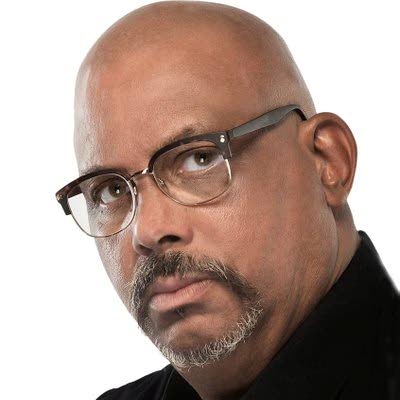The unblending of local education

BitDepth#1351
MARK LYNDERSAY
LAST WEEK, students returned to school.
With that decision, the Ministry of Education seemed keen to brush off its forced experience with online, blended learning like dandruff flakes on a black velvet party dress.
The guidelines for the reopening of schools in April seem largely unchanged from the guidelines issued in September 2021, and the notes about technology implementation appear to be a vestigial remnant from the earlier document.
While there was an understandable rush to get things in order for the return to school on April 19, there has been no announced plan to figure out how to make use of the infrastructure created during two years of covid19 restrictions to advance learning in Trinidad and Tobago.
An earlier effort to put electronic devices in the hand of students by the UNC government between 2010 and 2015 was flawed.
There was spotty implementation of critical support systems for such a widespread distribution of technology and an almost total absence of content and guidance in the use of those devices, but I continue to insist that some technology is better than almost none.
What's happened since March 2020 took place, under the pressures of pandemic, at another level of digital engagement entirely and an evaluation of the results of that forced experiment should command top-level attention from the Education Ministry.
Some official direction and strategy for the physical and virtual infrastructure that was assembled to support remote learning in TT would be a start.
There is every indication that the experience of 2020-22 will seed greater investment and development in educational technology globally.
Instead, the activity supporting in-person teaching suggests that everything this country learned to do over the last 49 months will be tucked away like a ratty and embarrassing old dress.
Under covid19 restrictions, I had an opportunity to experience remote learning from both ends, teaching a course at UWI and supervising a primary school student.
In both experiences, there were difficulties, but there were opportunities as well.
The primary school oversight offered an insight into the dynamics of the classroom at that level and drew me into the education process more deeply.
I became more engaged in the ebb and flow of the classroom and the importance of supervising homework. That won't change anytime soon.
For now, it seems that schools are being left to their own devices in deciding what to make of the digital tools they have been using.
This is a time to identify and raise up those children who didn't connect effectively during the pandemic and use technology to close gaps in their education.
A wholesale abandonment of the gains that have been made would be tragic, particularly for a country that talks a big game regarding digital transformation.
At the very least, a think tank of stakeholders and subject-matter experts should be convened by the Education Ministry to consider how to integrate the digital infrastructure that supported remote learning into a more fluid education experience before it disintegrates through wilful abandonment.
What happened in 2010 was an unwieldy, slow-motion crash that's never been properly evaluated and was erased through political cussedness.
In the first three years of that programme, almost 60,000 computers were pushed into a school system that was unready for them.
By contrast, almost every child in this country was identified and given a computing device over the last two years.
If the sitting government fritters away an opportunity to leverage everything that was learned through desperate necessity during the pandemic without using it to fertilise new ideas about education in TT, it will be committing, through neglect and carelessness, nothing less than a crime.
Mark Lyndersay is the editor of technewstt.com. An expanded version of this column can be found there


Comments
"The unblending of local education"